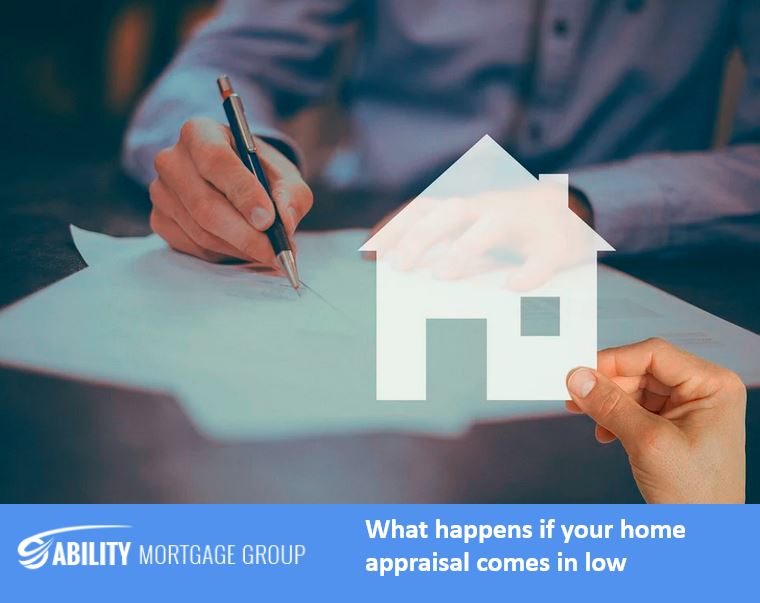Is a low appraisal good for a buyer?
When an appraisal comes shy, let the negotiations begin. The seller and the buyer face a common dilemma; either the buyer needs to come up, or the seller needs to drop its asking price.
If you’re a buyer, you do not want to overpay for a property while in a hot market—meanwhile, it’s not uncommon to pay a little more than its current value. The buyer is advantageous as the low appraisal can serve as a fierce negotiating tool to convince the seller to lower their price as the bank will not lend money to a potential buyer for more money than the property is worth.
While a seller may be forced into lowering its sale price to make the deal work, they can also let the sale fall in the hopes that the next buyer and appraiser make the deal happen. Lenders could refuse to finance a mortgage for more than the home is worth or whether the buyer’s qualifications are marginal. To keep the deal alive, the buyer can tweak the down payment to make up the difference in cash or shift some of the down payment to make up the difference between the home appraisal and purchase price.
While it may not be worthy of swinging the blank check, the seller will sometimes back off and settle somewhere between total cash contribution and lower the price. When you have an appraisal contingency clause in your offer, and the appraisal comes in short, you also have the power to terminate the contract. This contingency is a steady point to renegotiate and bring the price back down close to the asking price. If you really want the property, you may not want to walk away and find a happy medium with the seller.
From adjusting the sale price, tweaking the down payment, or re-arranging for another appraisal, the buyer has the upper hand to pursue the home of their dreams.
Who pays for the second appraisal?
Ultimately, it’s up to the investor and the real estate agent to report misinformation. As the individual who paid for the appraisal, the buyer can ask the lender to challenge the assessment. Whether they believe the information is inaccurate or the appraiser is inexperienced, they can contest the appraisal at any time.
However, the more the seller and the buyer work together, the more likely the deal will close. The buyer will need to provide any documentation to prove the seller’s case, including neighborhood comps, receipts, or proof that that appraiser was unqualified. If the lender agrees that the appraisal is inaccurate, they could order a second one at the buyer’s expense. Some home sellers will split the cost with the buyer to avoid canceling the contract and walking away from the deal out of good faith.

Contact the Ability Mortgage Group today for all your mortgage needs.
Image source: Pixabay



